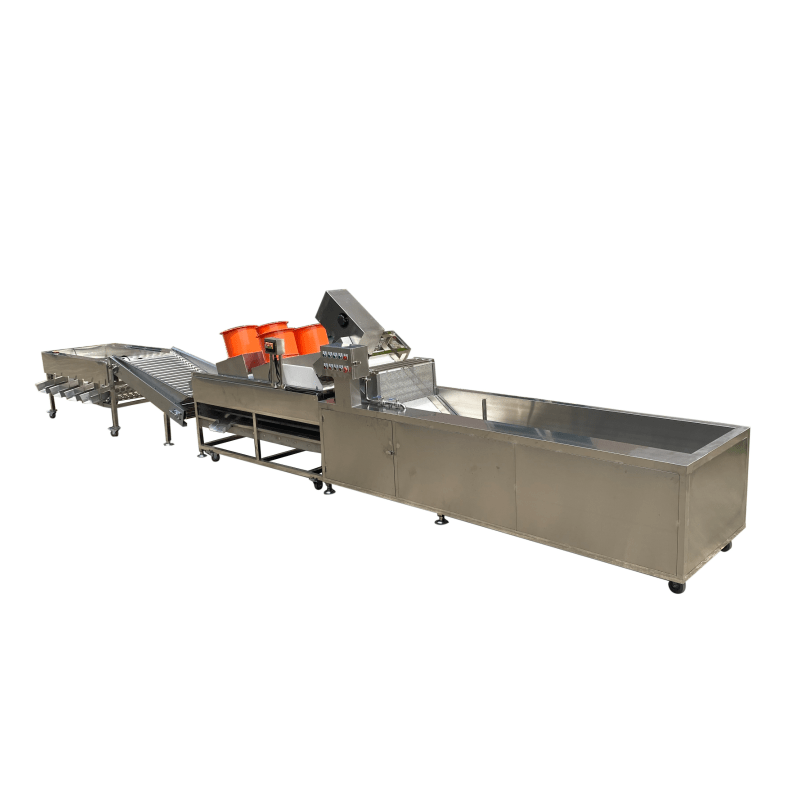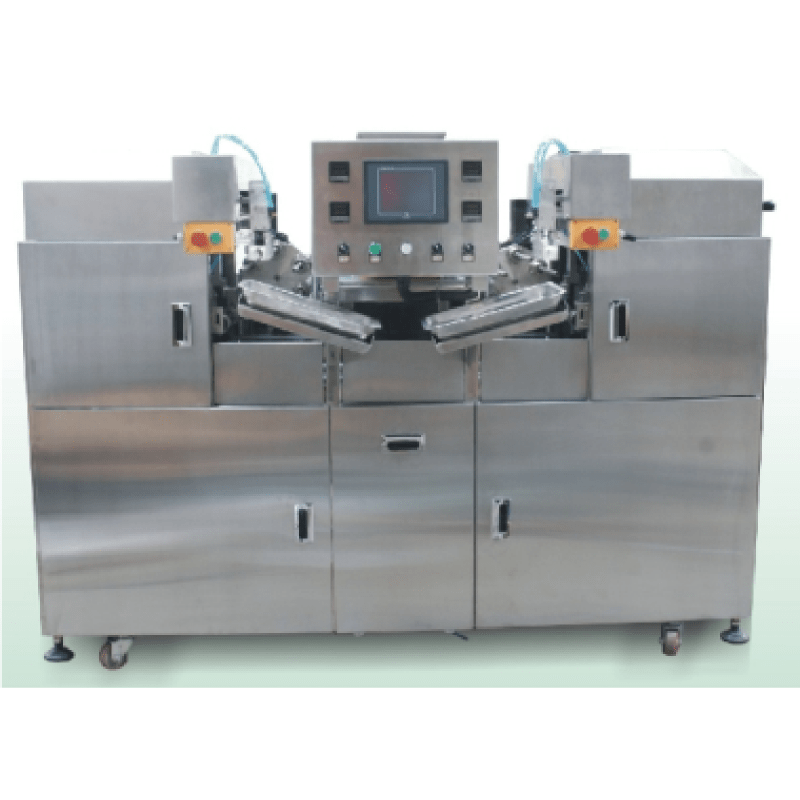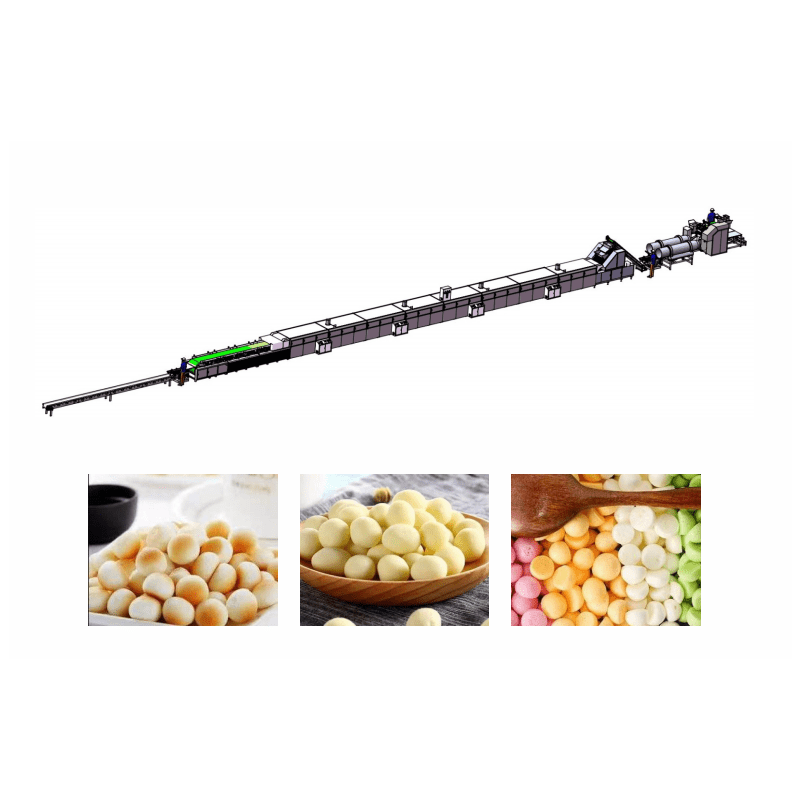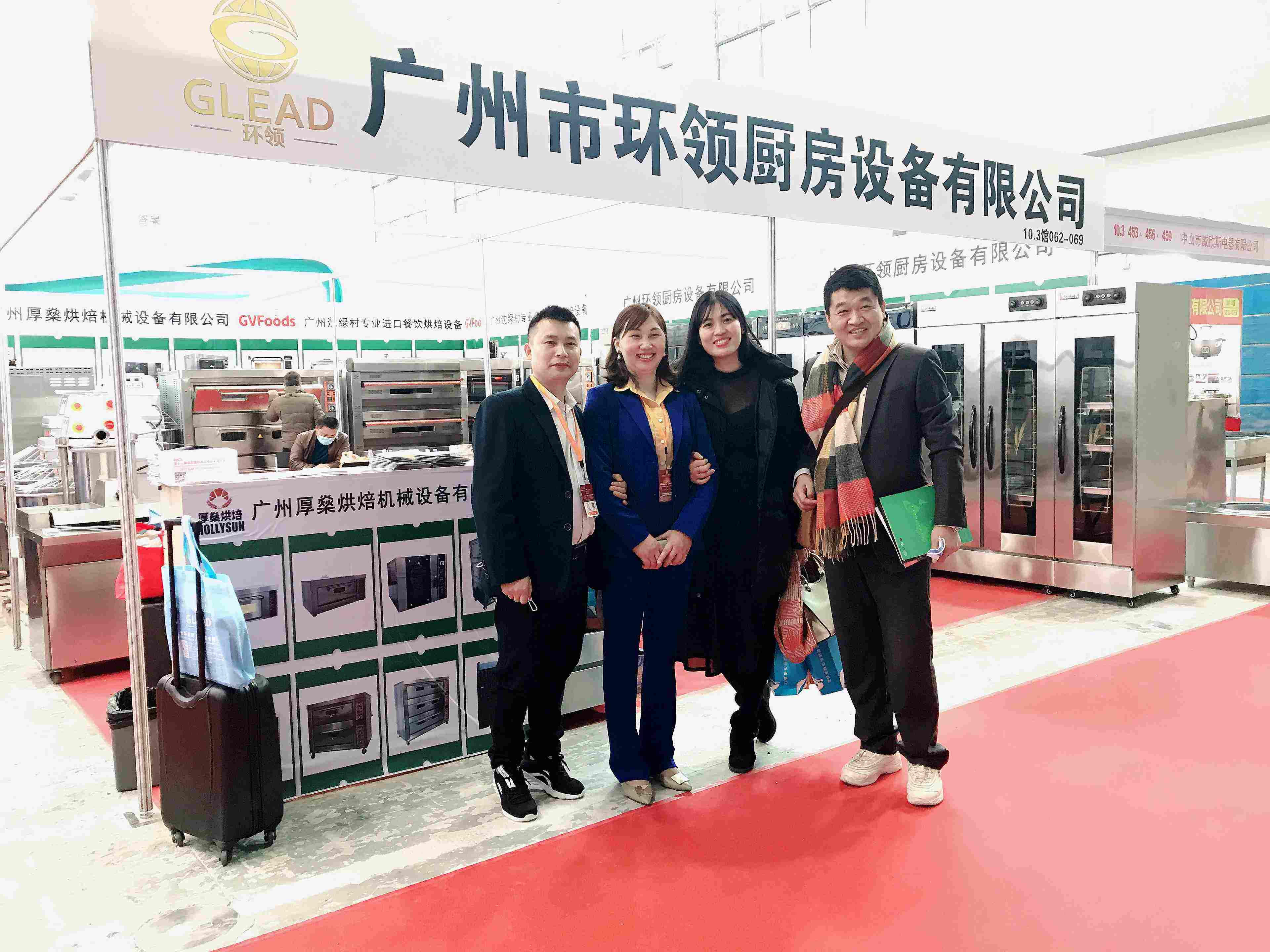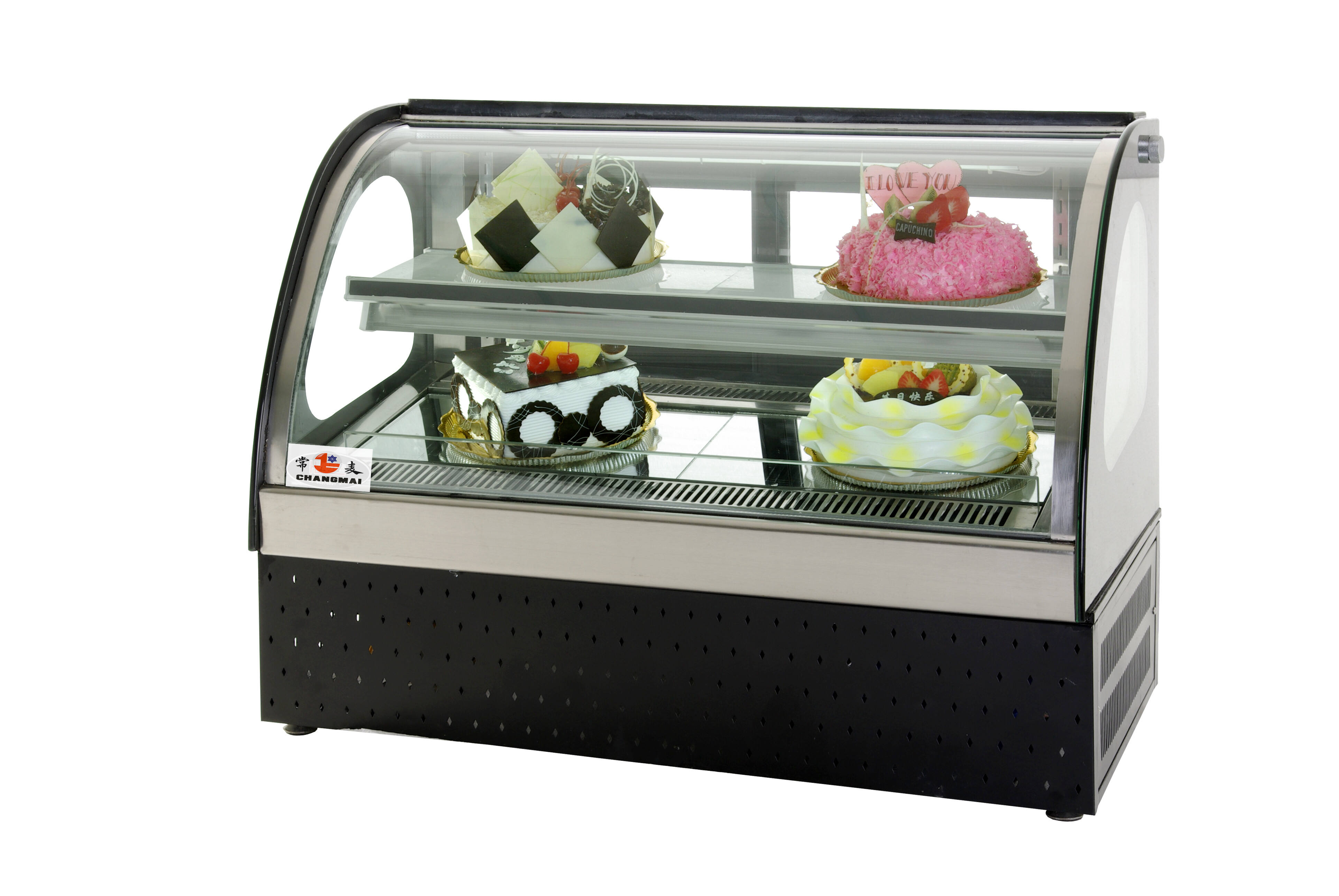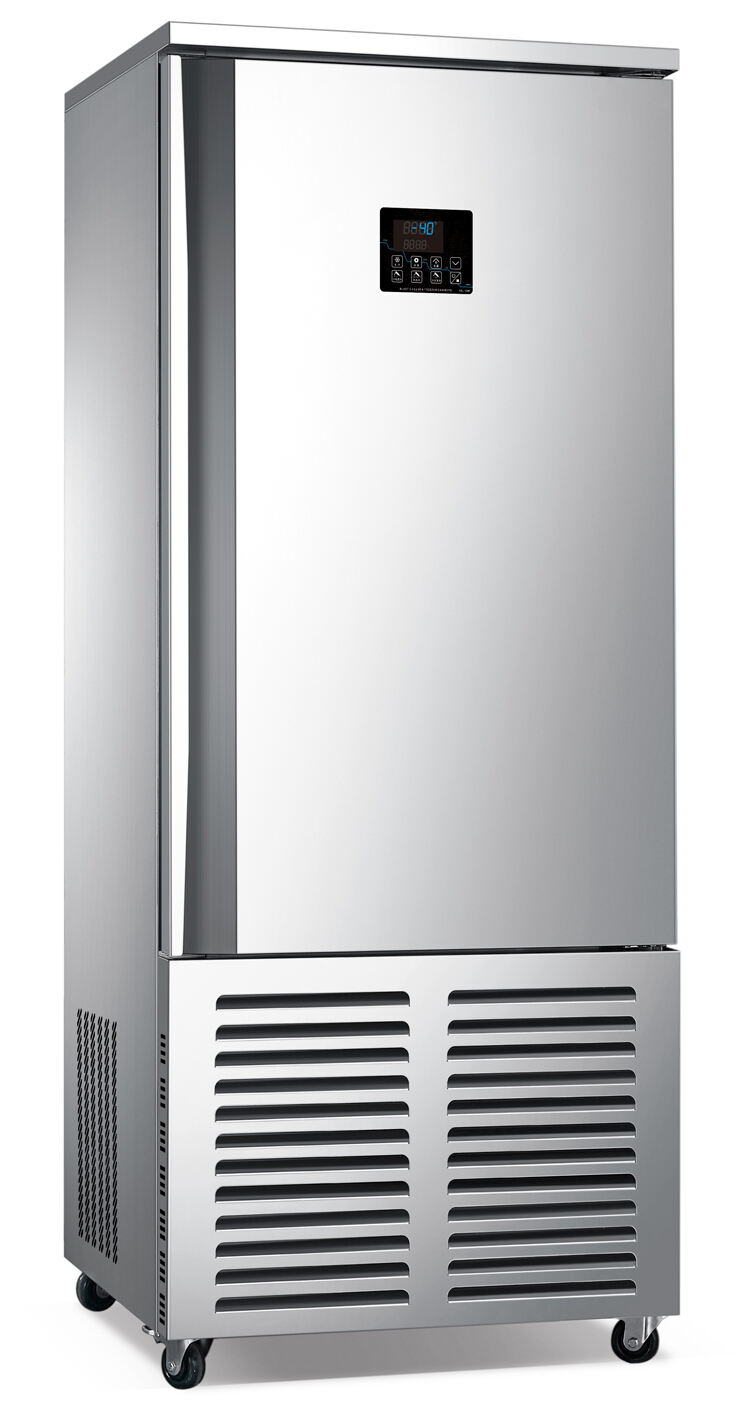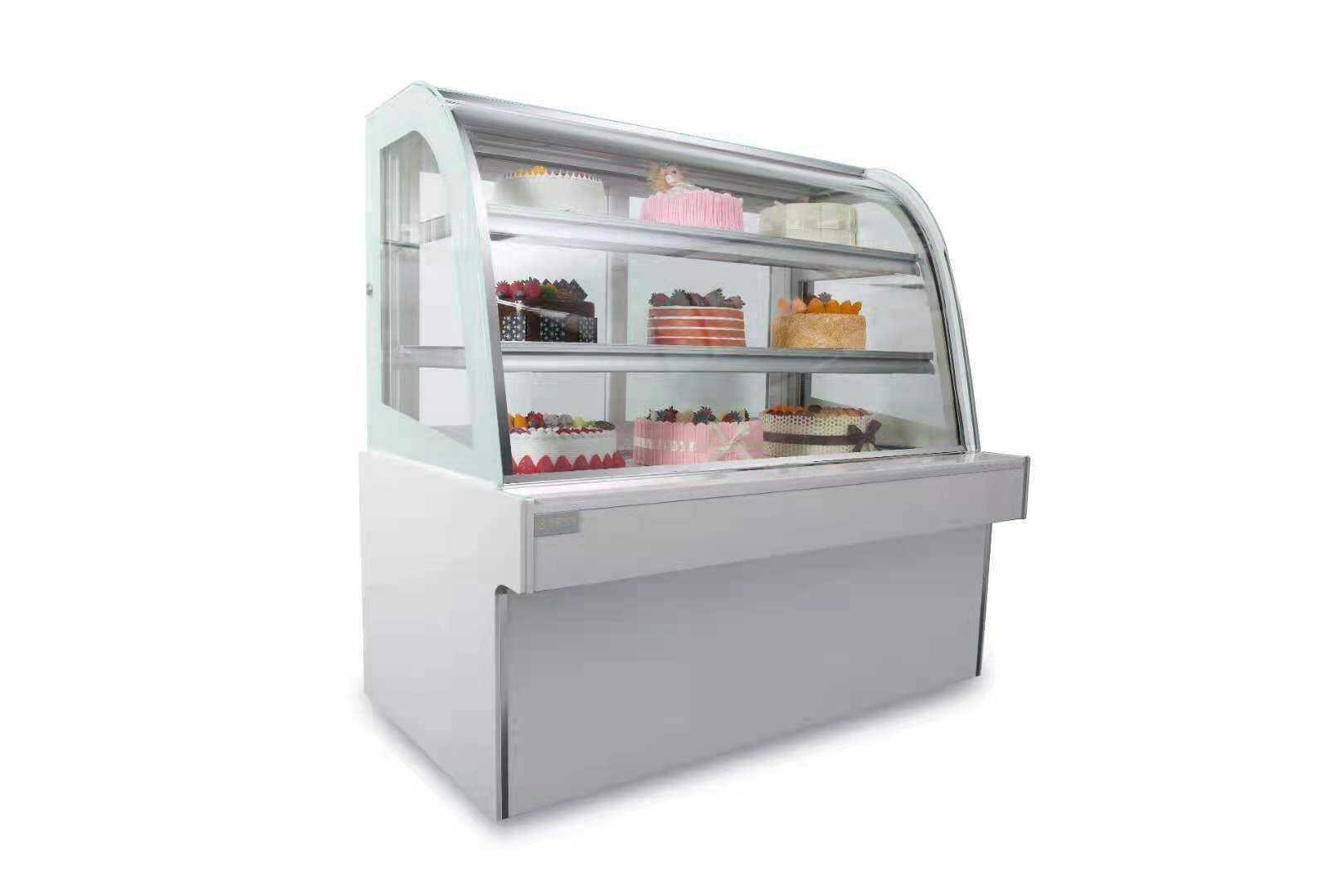mixer for baking price
When considering a mixer for baking, price plays a crucial role in the decision-making process. Modern baking mixers come in various price ranges, typically starting from $50 for basic home models to $500+ for professional-grade equipment. These appliances offer essential functions like multiple speed settings, various mixing attachments, and bowl capacities ranging from 3 to 7 quarts. Entry-level mixers usually provide 3-5 speed options and basic attachments, while mid-range models incorporate features such as planetary mixing action, timer functions, and enhanced bowl capacity. Premium models often include advanced features like digital displays, automatic shut-off systems, and specialized attachments for different baking needs. The price point often correlates with motor power, typically ranging from 250W in basic models to 800W or more in professional-grade mixers. Most manufacturers offer warranties varying from 1-5 years, depending on the price tier. The construction materials also reflect the price point, with higher-end models featuring durable die-cast metal bodies and stainless steel bowls, while budget-friendly options might utilize high-grade plastic components. These mixers serve various applications, from simple cake batters to heavy bread doughs, with their capabilities expanding as the price point increases.

